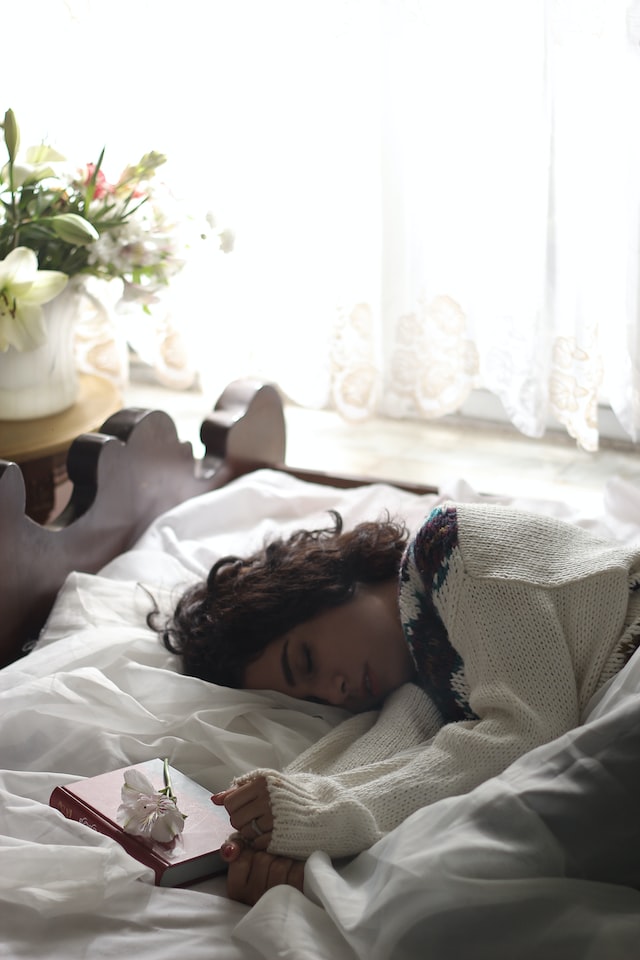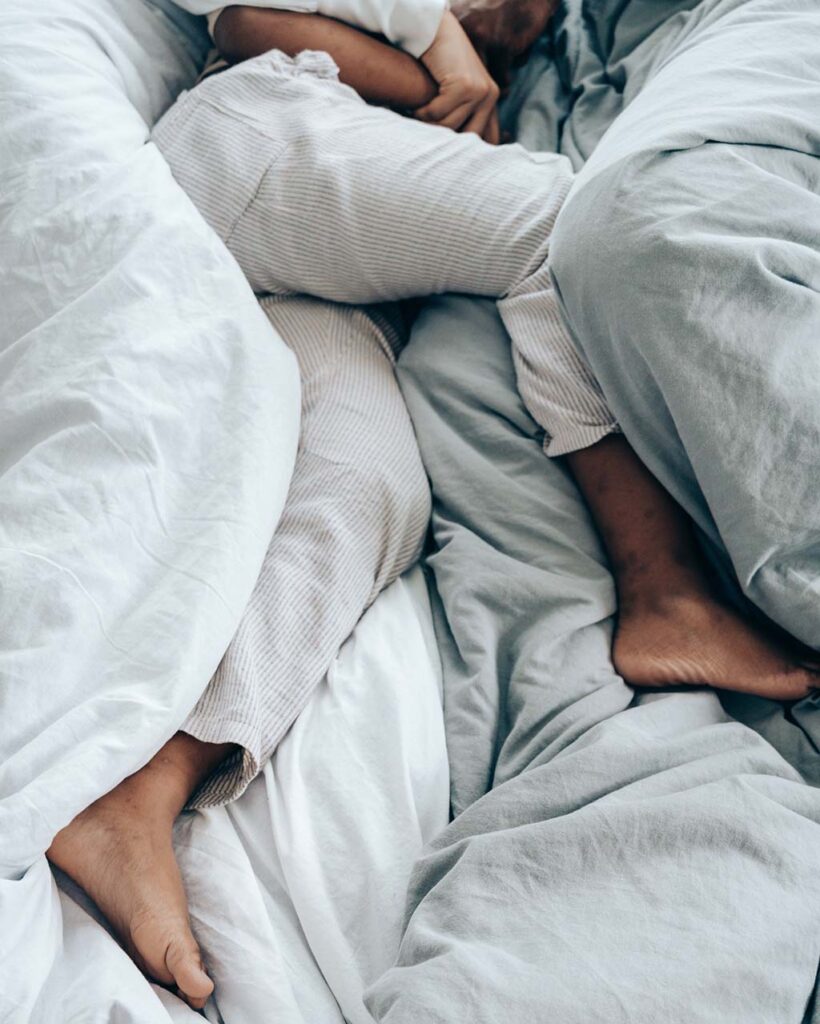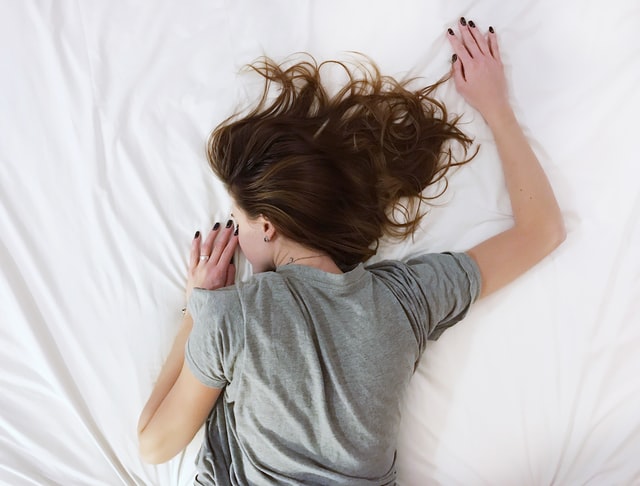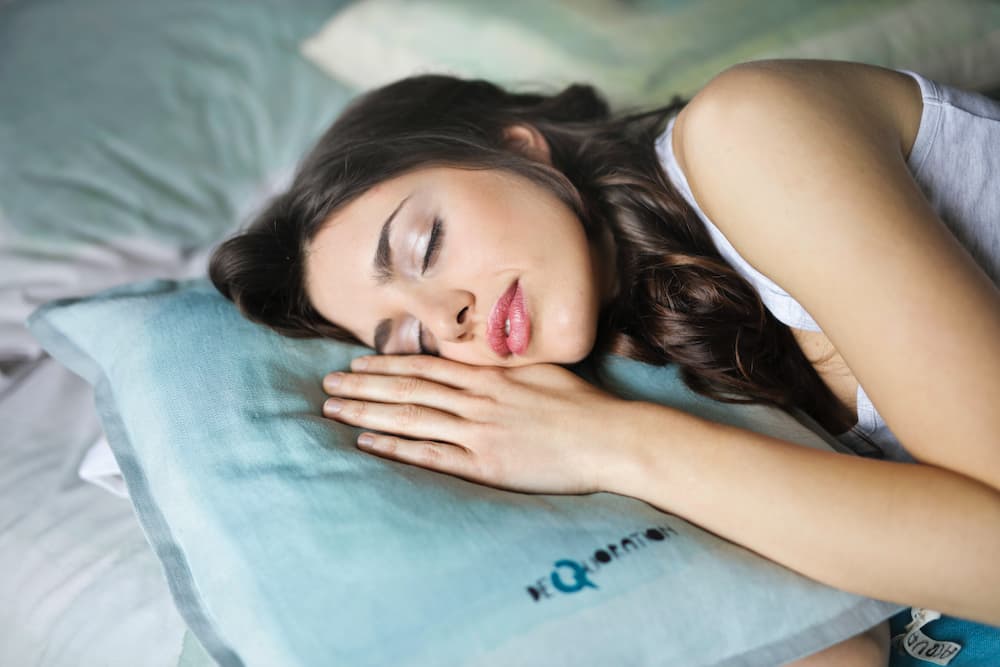Financial stress, an often overlooked yet critical factor, can significantly disrupt our sleep patterns. In today's fast-paced world, where credit card usage and debt management have become integral to our daily lives, understanding the impact of financial decisions on sleep quality is essential. This article explores the complex relationship between how we handle our finances, particularly credit cards, and how well we sleep. Addressing this link uncovers strategies to enhance both our financial and physical well-being. It's important to note that managing finances effectively, plays a crucial role in this dynamic.
The Psychology of Financial Stress Affecting Sleep
Financial worries, particularly those related to credit card debt, can lead to chronic stress, adversely affecting our mental and physical health. This stress manifests as anxiety and insomnia, disrupting sleep patterns and reducing sleep quality. The psychological burden of debt, high-interest rates, and the constant juggling of financial obligations keeps the brain active at night, leading to disrupted sleep patterns and reduced sleep quality. By understanding and mitigating these financial pressures, we can pave the way for more peaceful and restful nights.
Budgeting: A Tool for Peaceful Sleep
Creating and maintaining a budget is key in managing financial stress. Effective budgeting includes responsible credit card usage, which not only keeps debt under control but also provides a sense of financial security. Knowing that your finances are in order can significantly reduce stress and promote more peaceful sleep. A well-planned budget ensures that spending is within limits, avoiding the pitfalls of debt accumulation that can disturb sleep. This approach extends beyond mere number crunching, embodying a lifestyle change that encourages financial prudence and peace of mind.
Dealing with Credit Card Debt for Better Sleep
Managing and reducing credit card debt is crucial for improving sleep quality. High levels of debt can lead to restless nights filled with worry. By developing a strategy to pay off debts, possibly through debt consolidation or seeking financial counseling, individuals can alleviate the mental burden that disrupts sleep. Reducing credit card usage and prioritizing debt repayment creates a more relaxed mind conducive to a good night's rest, fostering an environment where sleep comes more naturally and restfully.
Healthy Financial Habits for Improved Sleep

Developing healthy financial habits is paramount for minimizing stress and enhancing sleep quality. Regularly monitoring credit card statements, avoiding impulsive online shopping, and understanding interest rates and their impact on overall debt are crucial. These habits prevent financial worries that often lead to sleep disturbances. Additionally, being mindful of how and when to use technology for managing finances, such as avoiding screen time before bed, can further augment sleep quality. Responsible financial behavior extends beyond simply managing expenses; it involves creating a lifestyle that supports both financial and mental well-being.
The Role of Technology in Financial Stress and Sleep Patterns
The use of technology in managing finances, such as through online banking or shopping apps, offers convenience but can also impact sleep. Exposure to screens before bedtime interferes with sleep due to blue light emission. Overstimulation from constant connectivity can contribute to sleep disruption. Balancing the convenience of digital financial management with healthy screen habits is key. For instance, setting a technology curfew before bed can help. It's also important to approach financial management tools, like online banking or how to activate your SYW account online (as detailed in our other article), with an awareness of their potential impact on your sleep.
Case Studies: Financial Management Leading to Restful Sleep
Real-life case studies demonstrate the positive impact of sound financial management on sleep quality. Individuals who have taken control of their finances, particularly their credit card use, report significant improvements in their sleep patterns. These stories offer valuable insights, showing that disciplined financial planning can lead to restful sleep. They underline the idea that financial stability isn't just about being debt-free; it's about creating a holistic balance that fosters both physical and mental wellness. By sharing these experiences, we hope to inspire others to take proactive steps toward financial stability and better sleep.
Conclusion: Balancing Finances for Better Sleep
In conclusion, the intricate relationship between financial well-being and sleep quality cannot be overstated. Effectively managing finances, especially credit card usage, is crucial for achieving better sleep and overall health. It's important to realize that financial health is a critical aspect of one's lifestyle, contributing to restful nights and a peaceful life. Ultimately, financial stability goes beyond mere numbers; it's about crafting a life that supports mental, physical, and emotional well-being, leading to a more balanced and fulfilling existence.
















